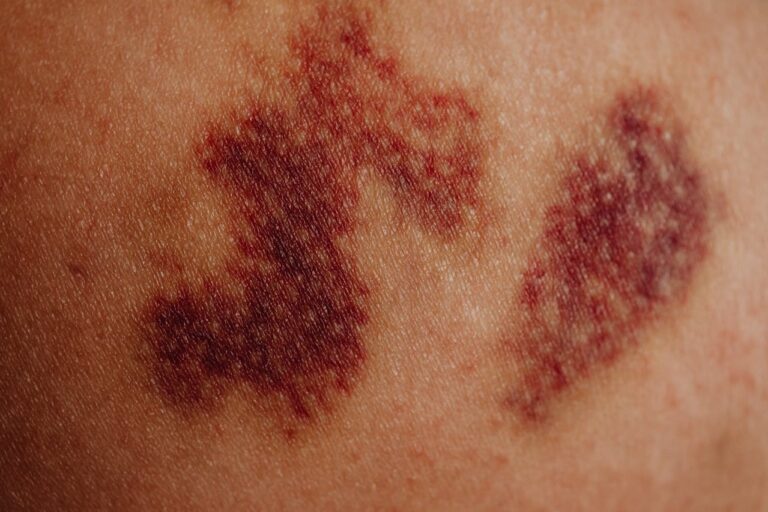When Your Body Sends a Silent Warning: Hidden Signs of a Blood Clot
Blood clots are one of the body’s most remarkable defense mechanisms. They act as an emergency patch system that stops you from bleeding when a blood vessel is injured. But sometimes, this system misfires. A clot can form when it’s not needed, creating a dangerous blockage that restricts blood flow and, in severe cases, threatens…






















